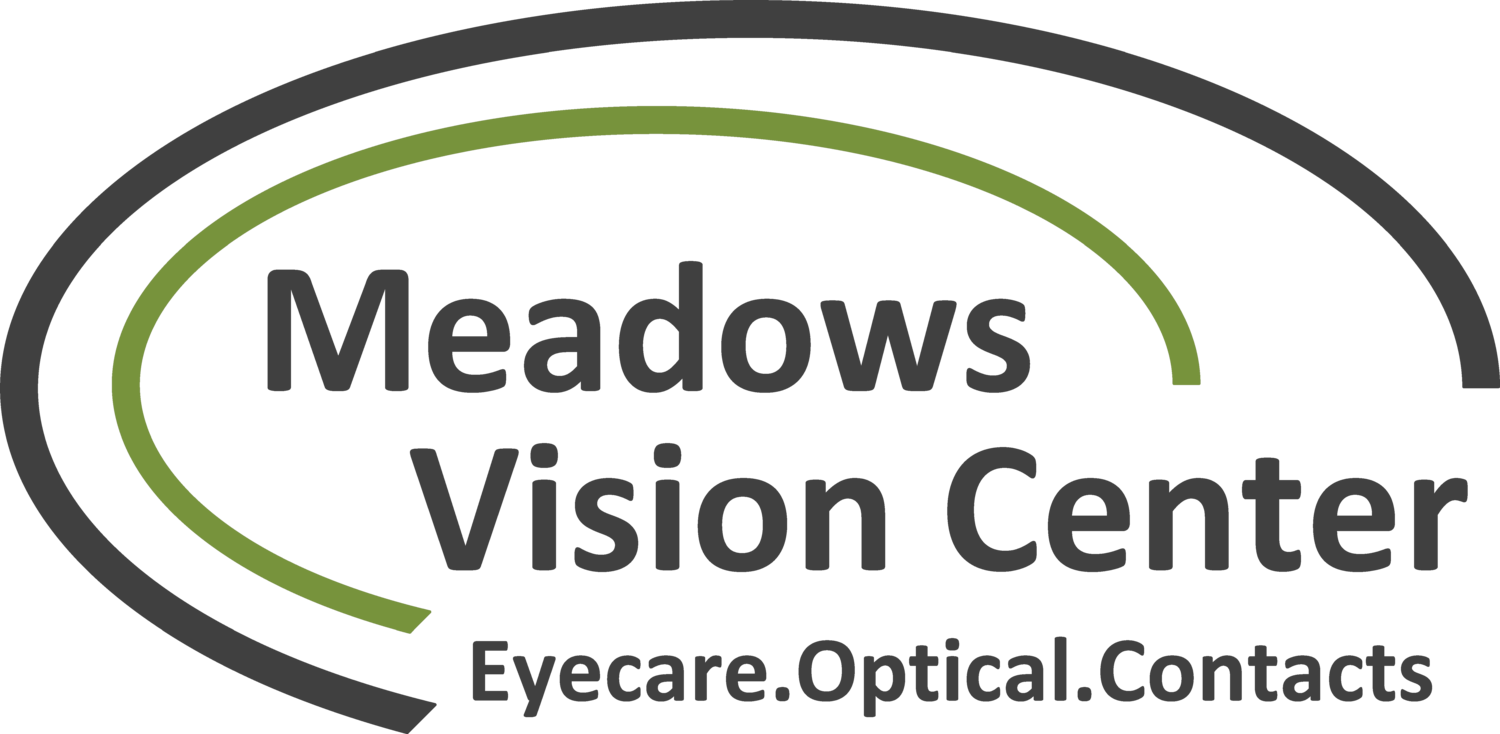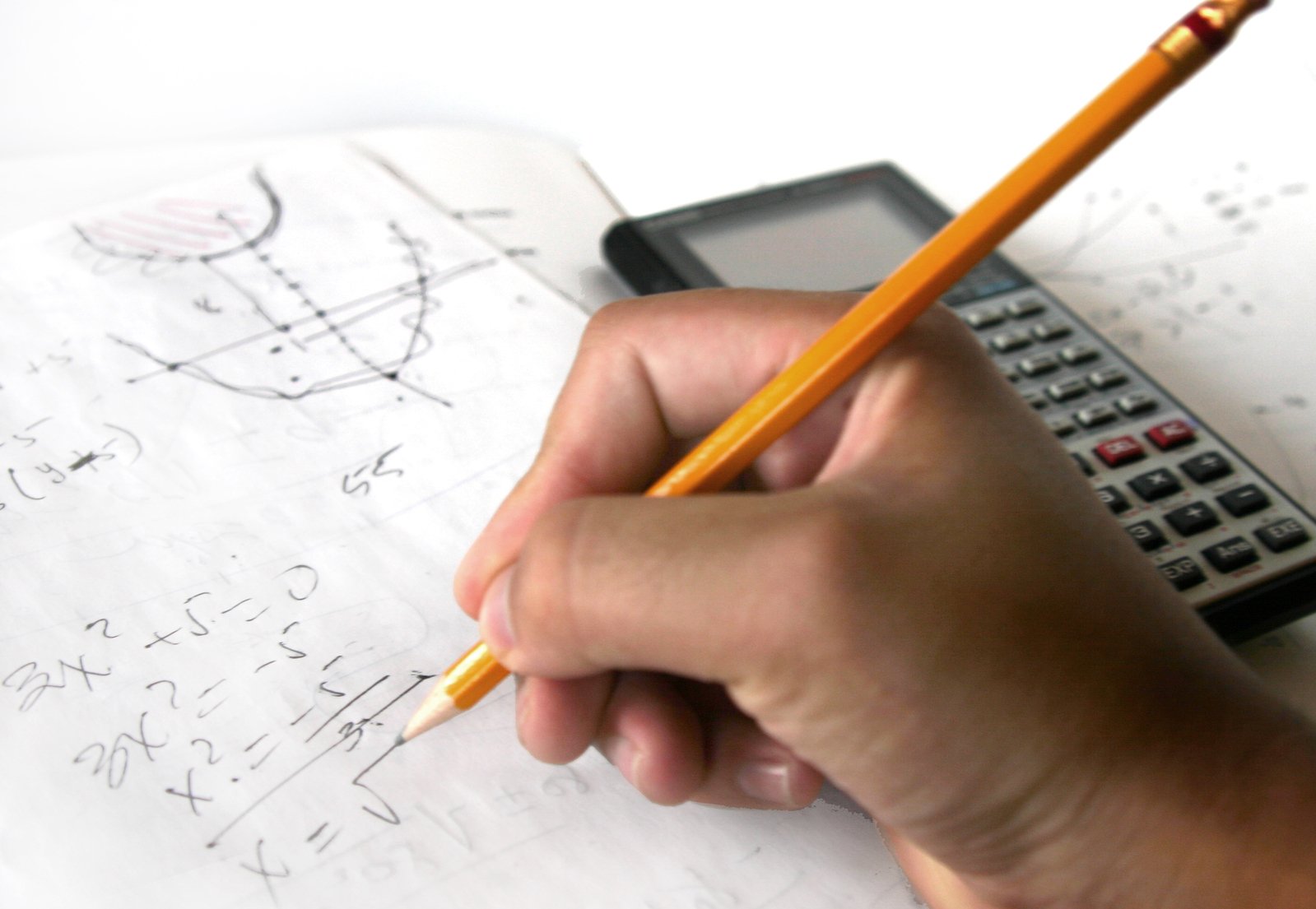PEDIATRIC VISION CARE
WHAT IS SPECIAL ABOUT CHILDREN'S VISION?
Vision, in the broadest sense, is the global ability of the brain to extract, process and act on information presented to the eye. This complex process can be thought of as three major but related areas: visual acuity, which is largely dependent upon refractive status and eye health; visual efficiency skills, representing eye focusing, teaming, and tracking skills; and visual information processing, representing the ability to recognize and discriminate visual stimuli and to interpret them correctly based upon previous experience. Every examination we provide for children, regardless of the child's age, has these thoughts in mind.
To help preparing your little ones for their first eye examination, click HERE. It's a storybook written by Dr. Catherine McDaniel and Michelle Weed. More details of this storybook can be found HERE.
SCHOOL PERFORMANCE
Many vision problems can be corrected more easily with early diagnosis and treatment. Reports have estimated that up to 25% of students in grades K - 6 have vision-related problems, which may contribute to poor school performance. The visual system matures rapidly during the first few years and it is important to identify any problems that may interfere with normal vision development.
PEDIATRIC EYE EXAMINATIONS
A comprehensive eye examination will assess visual acuity, refractive status, ocular health, eye tracking, eye focusing, and eye teaming. Visual acuity measures how clearly a child sees objects. Refractive status measures for nearsightedness (myopia), farsightedness (hyperopia), and astigmatism. The child is evaluated for any eye health problems, including active pathology or congenital anomalies. Eye tracking is the ability of the eyes to fixate, smoothly follow and look between objects or printed words. Eye focusing is the ability to efficiently change and sustain focus while reading. Eye teaming is the ability to coordinate both eyes accurately and without fatigue or excessive effort. Accurate eye teaming is also important for accurate two-eyed depth perception or stereopsis. Early detection and management is recommended to prevent vision loss or eye disease and to provide appropriate vision development.
HAND EYE COORDINATION
As part of the visual examination we also assess vision development. Young children use vision to explore the world by identifying and directing movement. If a problem in vision is preventing adequate development of perception and eye-hand coordination skills, then early intervention is vital.



